Disclosure: This post may contain affiliate links, meaning I get a commission if you decide to make a purchase through my links at no cost to you. I am a REALTOR® licensed in the state of Utah, License No. 11785411-SA00 and affiliated with Presidio Real Estate (South Jordan).
First-Time Camping with Kids: A Grandparent’s (or Parent’s) Guide to Safe, Fun, and Memorable Outdoor Adventures
This weekend, we took our grandkids camping for the first time. I started my children camping when they were just babies, and I’m excited to start this tradition with Pooh-bear and Scooby. What makes this even more exciting is that we camped on National Forest Service land near Mill Hollow Reservoir, an area that our school district held camps for the fourth through sixth graders when I was a kid and is now part of the YMCA program. Oh, how I loved hiking to Yellow Lake, making boondoggles, and singing songs around the campfire.
Introducing young children to camping is a wonderful way to foster a love for nature, encourage curiosity, and build lifelong memories. For grandparents, especially, taking your grandkids on their first camping trip can be an incredible bonding experience. But let’s be real; taking toddlers into the wild comes with its share of joys and challenges.
Whether you’re a seasoned camper or trying it out for the first time, this guide will help you prepare for a successful adventure, avoid common pitfalls, and make sure your time in the great outdoors is safe, enriching, and fun for everyone.
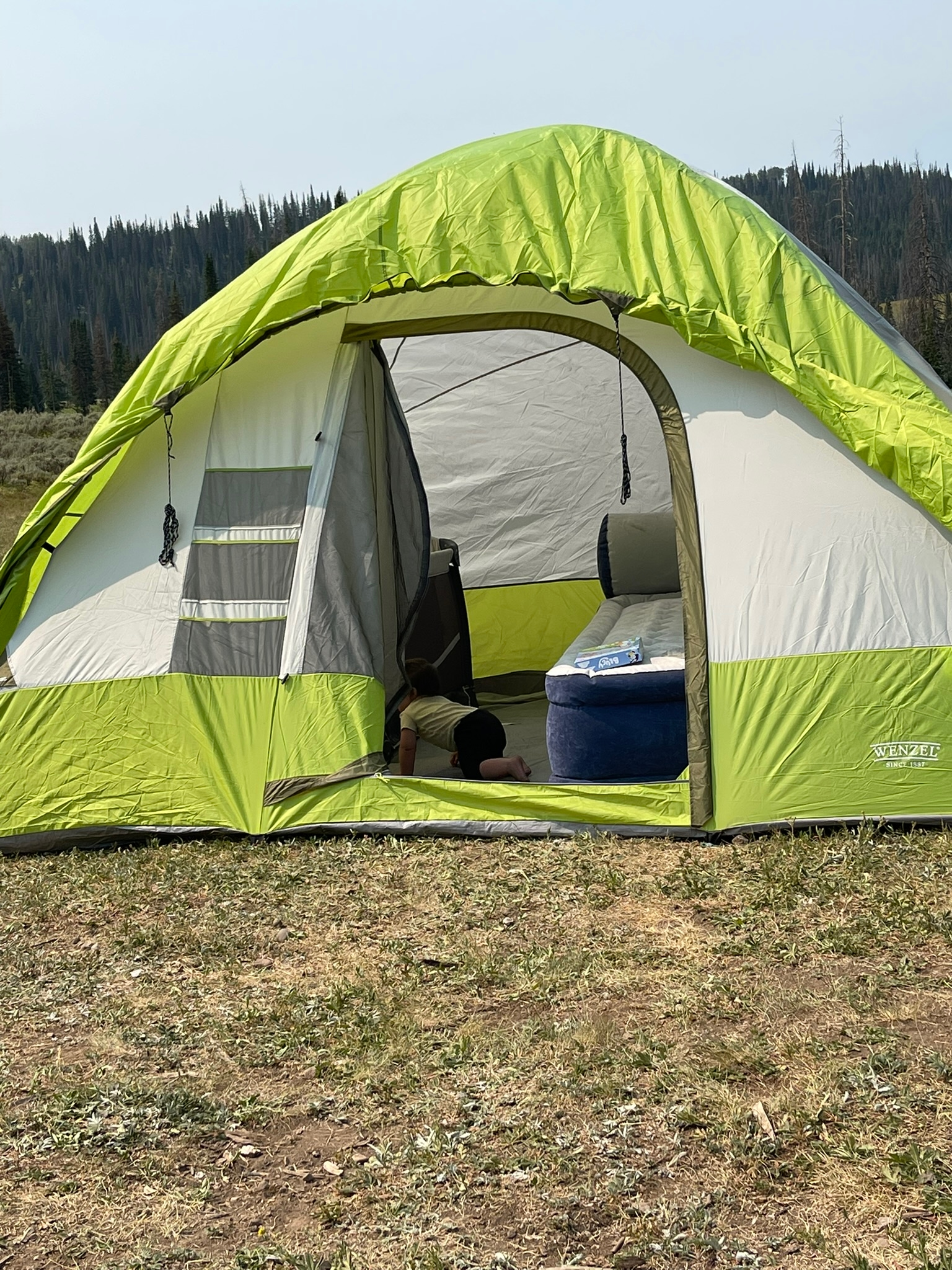
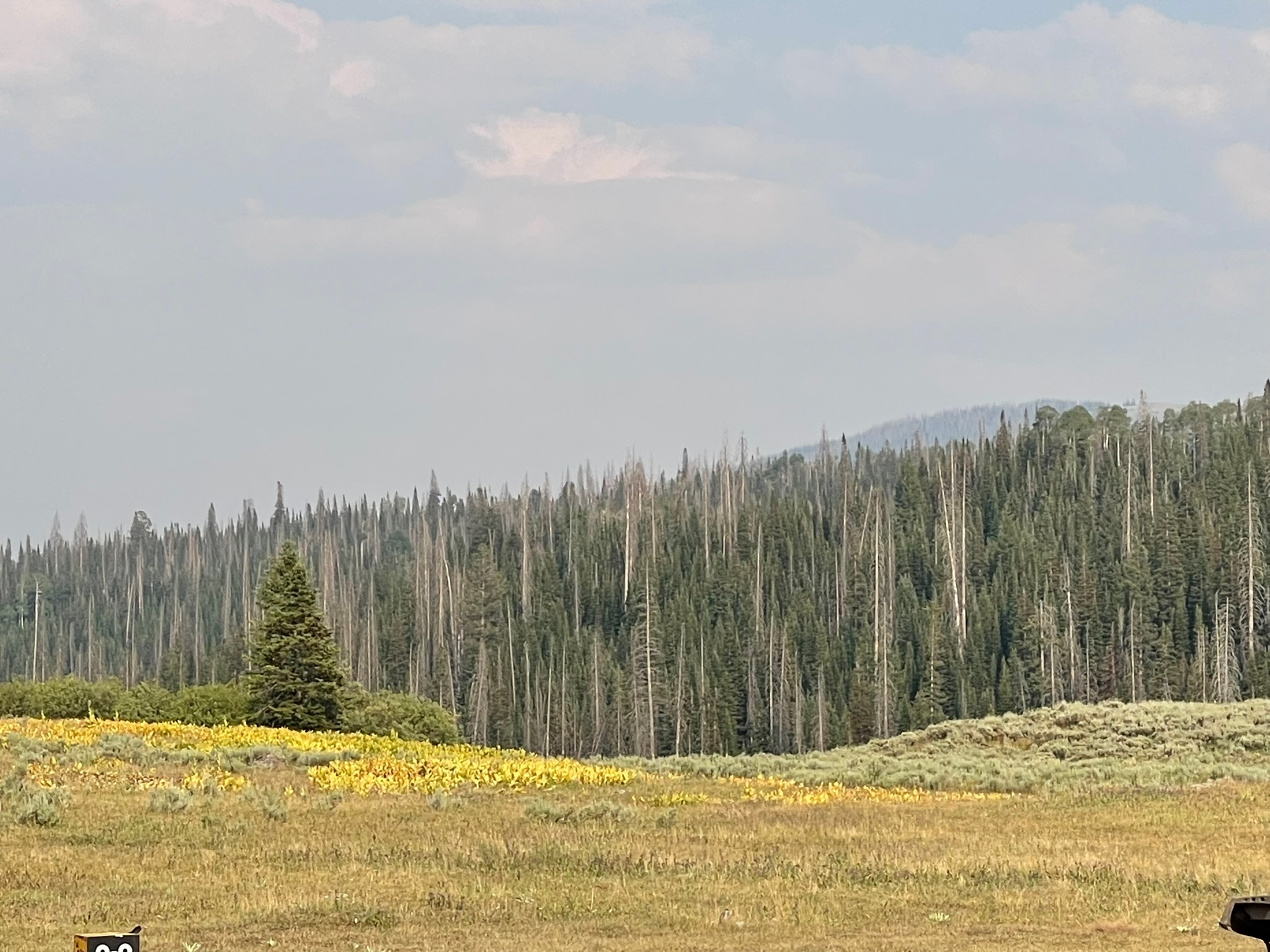
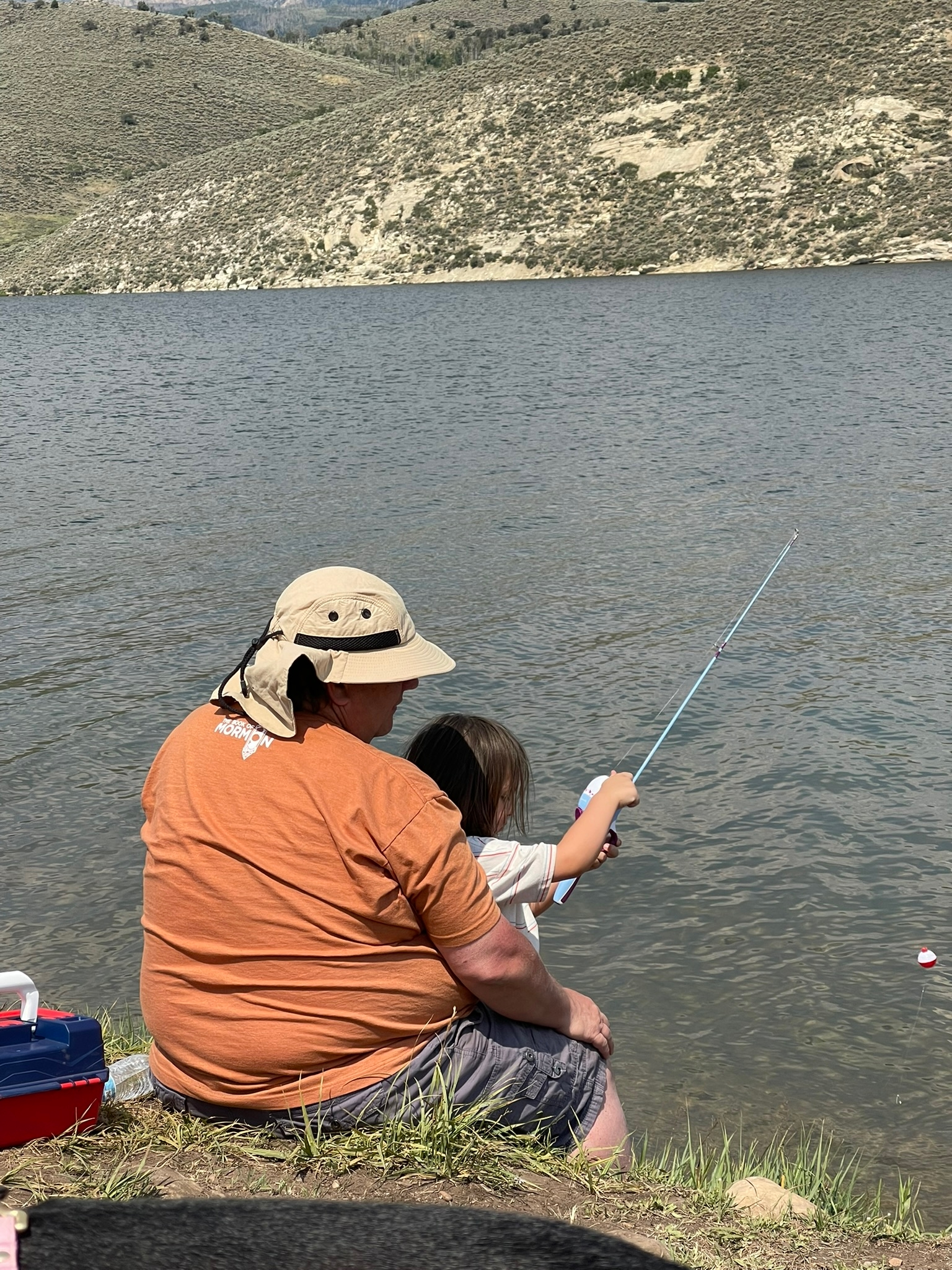
Why Take Young Children Camping?
Camping offers children a break from screens and a chance to explore, imagine, and get dirty in the best way. Here are just a few benefits:
Appreciation for nature: Toddlers are natural explorers, and the outdoors is the ultimate classroom.
Emotional bonding: Camping gives families a shared experience, away from distractions and routines.
Confidence and independence: Learning new skills like setting up camp, helping with chores, or making s’mores.
Sensory-rich experiences: Smelling campfire smoke, listening to birds, feeling dirt, grass, and cool water
Grandma’s Tips
Tips to Make Camping Safer and Easier with Little Kids
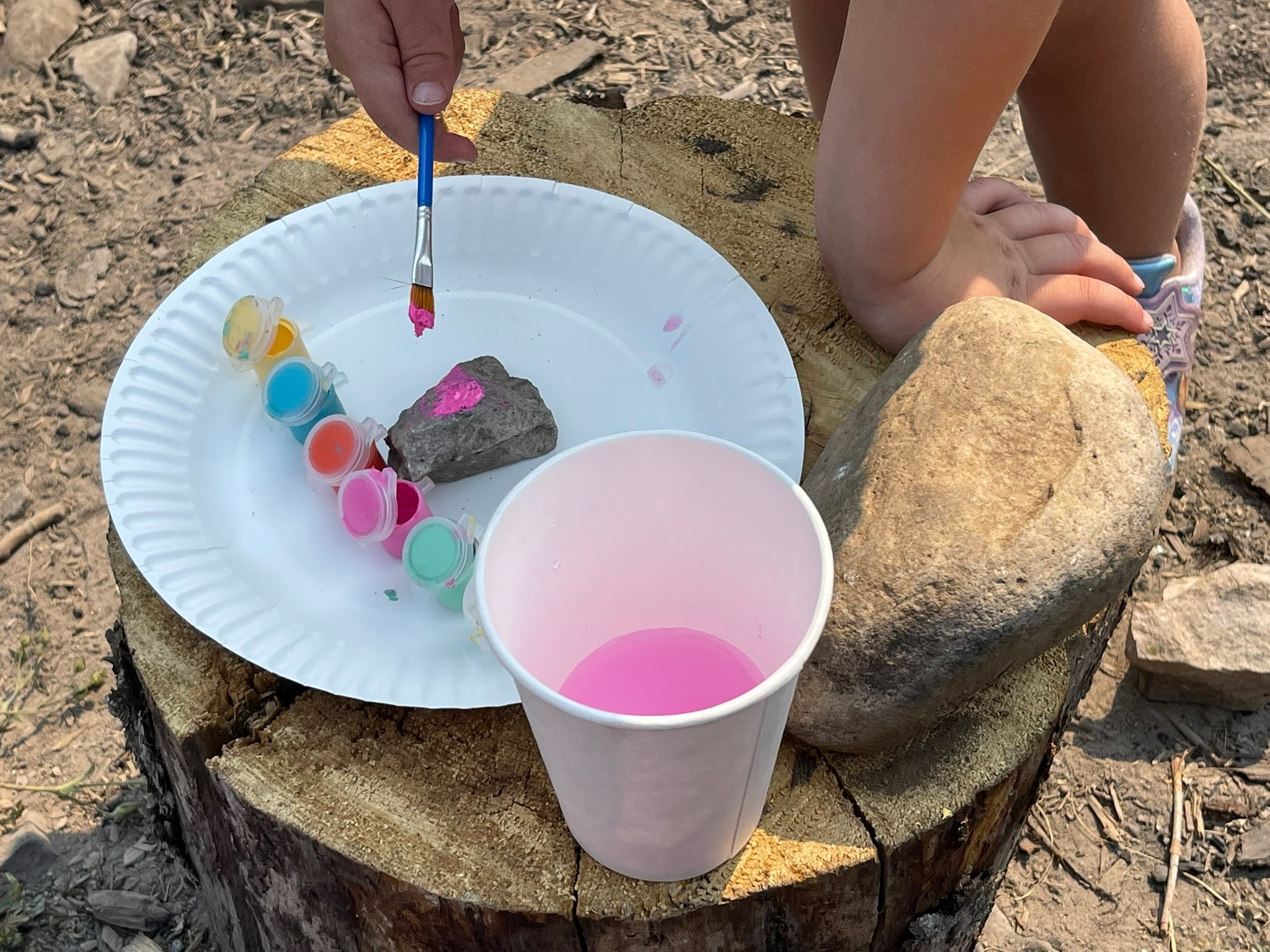
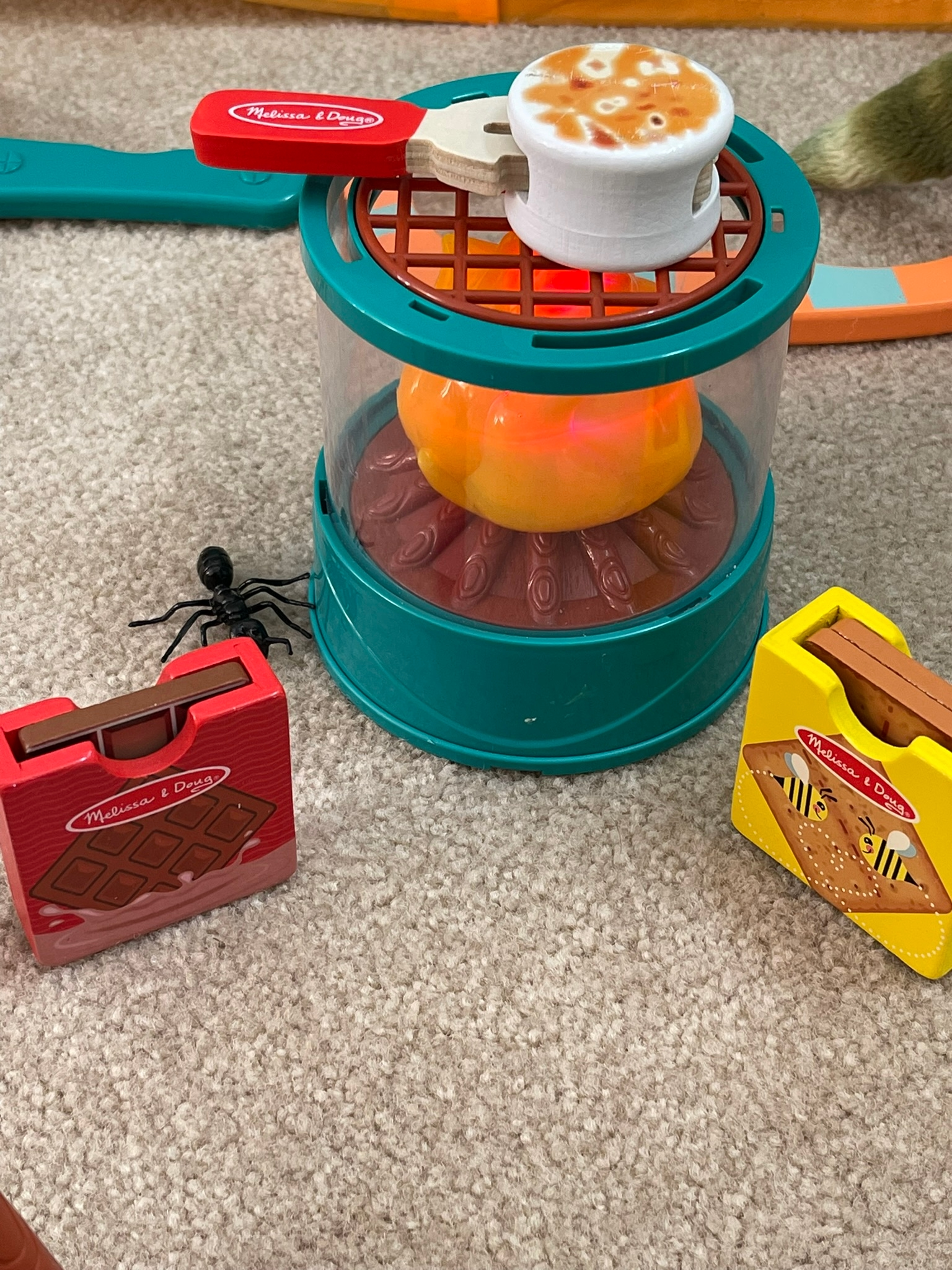
Choose the Right Campground
Opt for family-friendly campgrounds with plenty of fun amenities. Bonus points if there’s a lake or playground nearby.
For little ones new to camping, amenities like clean bathrooms, running water, and easy trails can make their first excursion into the wild much more palatable. Our friends brought their camper trailer, so we had a clean, flush toilet available.
Stick Close to Home
For a first trip, pick a site within 1–2 hours of home. If it goes sideways (meltdowns, bad weather), you can easily pack up and go.
Test Camp in the Backyard First
Let your child sleep outside in a tent at home before the real deal. This can help get them used to the sights and sounds of night.
Keep the First Trip Short
One or two nights is plenty for your first outing. Leave them wanting more, not wishing it were over.
Childproof Your Campsite
Do a walk-around and remove sharp sticks, tools, or poison ivy. Mark boundaries they’re not allowed to cross (e.g., “Don’t go past this tree”).
Dress in Layers
Utah nights, even in summer, can get chilly. Layers make it easier to adapt to changing temps.
Embrace Dirt
Toddlers will get dirty. It’s part of the magic. Pack extra clothes and wipes, but try not to stress.
Plan Simple Meals
Pre-prep meals at home so you’re not scrambling with hangry kids at the fire pit. Think foil packet meals, hot dogs, and instant oatmeal.
Bring A Kid Potty
Trust us. It will save you in the middle of the night. We forgot this and it wasn’t pretty.
Stick to Routines
Keep familiar bedtime rituals, favorite stuffed animals, lullabies, or a storybook, to help little ones feel safe.
What To Know
The Risks: What to Watch Out For
Of course, camping with kids, especially toddlers, requires extra preparation and awareness:
- Insects and animals: Bug bites, bee stings, and curious toddlers wandering near wildlife.
- Weather exposure: Sudden temperature drops or heat exhaustion.
- Injury risk: Uneven ground, open flames, sharp tools.
- Overwhelm and anxiety: A brand-new environment can be scary or overstimulating for some children.
- Toilet stress: Many kids aren’t used to pit toilets, or worse, no toilets.
Fortunately, most of these can be avoided with planning, patience, and the right supplies. Let’s dive in.
Toddler Activities
Fun Camping Activities for Toddlers
These ideas are screen-free, low-stress, and encourage kids to engage with nature while learning.
- Nature scavenger hunt
Look for pinecones, feathers, moss, or animal tracks. - Make leaf or bark rubbings
Use crayons and paper to explore tree textures. - Rock painting
Bring a few paints and decorate rocks found nearby. - Storytime around the campfire
Make up silly stories about animals you saw that day. - Shadow puppet show in the tent
Use a flashlight and your hands for nighttime fun. - Bug hunt
Grab a magnifying glass and gently explore insects (just release them!). - Cloud watching or star gazing
Lie back and watch the sky; ask what shapes they see. - Water play
A bucket, a few cups, and a toddler = instant fun.
Getting Ready
How to Prepare a Child for Their First Camping Trip
Before you even zip up the tent, it helps to ease kids into the idea of sleeping outside.
- Read camping-themed books together.
Try Maisy Goes Camping, A Camping Spree with Mr. Magee, or Scaredy Squirrel Goes Camping. - Watch kid-friendly videos about camping.
Mister Rogers has a great camping episode. Just avoid anything too dramatic or scary. - Pack together.
Let your child pick a favorite toy, blanket, or snack so they feel involved. - Talk about what to expect.
Use simple language to explain what you’ll see, hear, and do. - Play pretend.
- Make a “tent” in the living room with blankets and pretend you’re camping.
What TO Take
Family Camping Packing List
Must-Haves (Non-Negotiables):
- Tent, stakes, and mallet
- Sleeping bags + pads/mats
- Extra blankets
- First aid kit (with kid-specific meds)
- Sunscreen + bug spray
- Water jugs + bottles
- Flashlights + headlamps
- Child-safe hand wipes + sanitizer
- Favorite snacks and prepped meals
- Kid potty or training toilet
- Diapers or pull-ups (if needed)
- Weather-appropriate clothes (and extras!)
- Camp chairs
- Firestarter/matches
- Trash bags
- Basic cooking gear (camp stove, pan, utensils)
- Personal hygiene (toothbrush, soap, etc.)
Good-to-Haves (Comfort & Convenience):
- Camping high chair or booster
- Camp rug or play mat
- Travel white noise machine
- Books, coloring pads, toys
- Glow sticks (great for keeping track of kids at night!)
- Mesh food cover (for bugs)
- Paper towels + dish tub
- Ziplock bags for dirty clothes or wet items
Bonus Haves (Fun & Extra Preparedness):
- Hammock
- Binoculars
- Magnifying glass
- Mini shovel and bucket
- Star chart app
- Marshmallow roasting sticks
- Nature journal
- Camping-themed sticker book
- Compact toddler sleeping cot
- Walkie-talkies (for older kids)
Final Thoughts
Memories Last A Lifetime
Camping with your grandchildren, or your own kids, isn’t always easy, but it’s almost always worth it. You don’t need the perfect site, the perfect weather, or the perfect plan. What matters most is showing up, unplugging, and giving your family the chance to experience the outdoors together.
Even if there’s a tantrum, a bug bite, or a tent mishap, your child will remember the joy of roasting marshmallows, hearing owls hoot at night, or seeing the stars for the very first time. Core memories are often developed around activities like these.
So go slow, stay flexible, and savor the moments.
More Kid’s Activities
Baking with Lolli – S’mores Cookies
S’mores Cookies - Baking with KidsTurning Camping Leftovers into a Sweet Memory This month’s Baking Cookies with Lolli followed our camping trip. After a weekend of camping filled with campfires, laughter, and fishing, Pooh-Bear and I came home with an unexpected...
In The Tall, Tall Grass by Denise Fleming: A Book Review and Interactive Toddler Activity
Creeping, Crawling Fun with In the Tall, Tall Grass – A Book Review + Interactive Activity for Curious Little HandsAs a grandma, few things bring me more joy than snuggling up with a good book and watching my grandkids light up as a story unfolds. One of our recent...
DIY Fizzy Dinosaur Eggs: A Fun & Easy Activity for Kids!
If your house is anything like ours, you probably have a stash of large plastic Easter eggs hiding in the back of a closet somewhere. Instead of letting them gather dust until next spring, why not turn them into dissolving dinosaur eggs, a super fun, fizzy science...

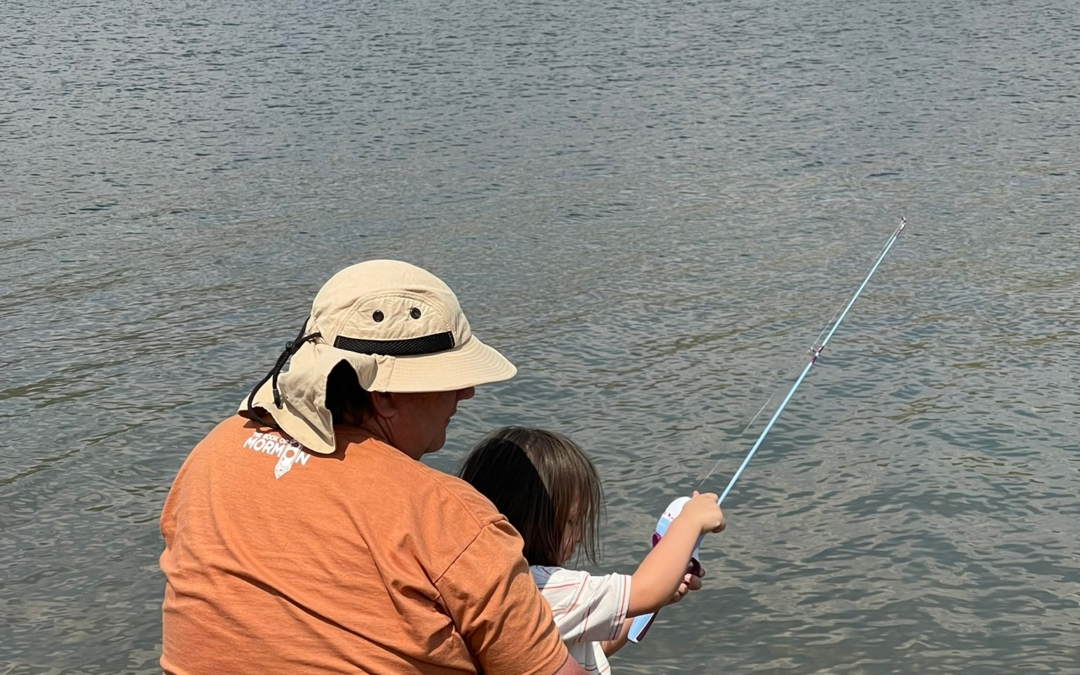
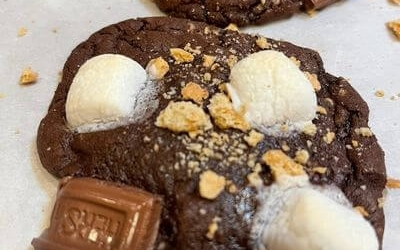
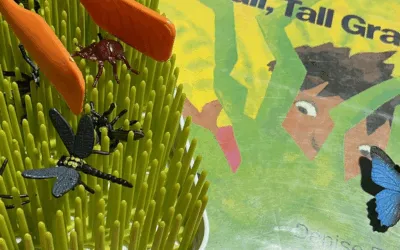

0 Comments